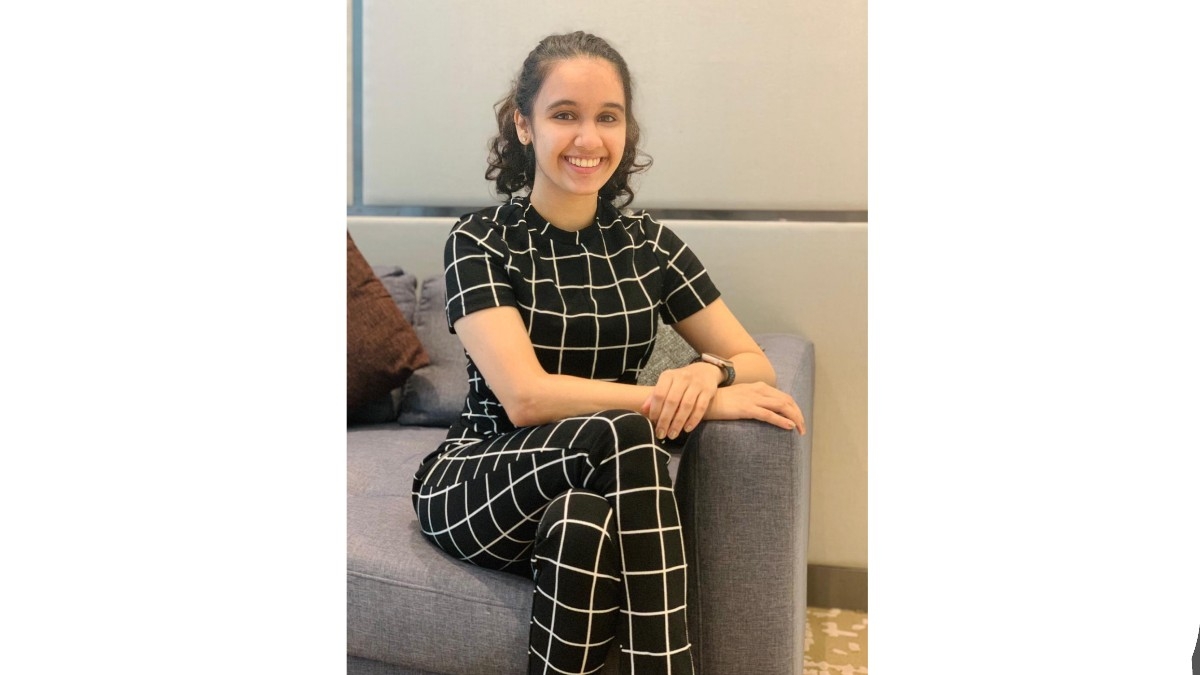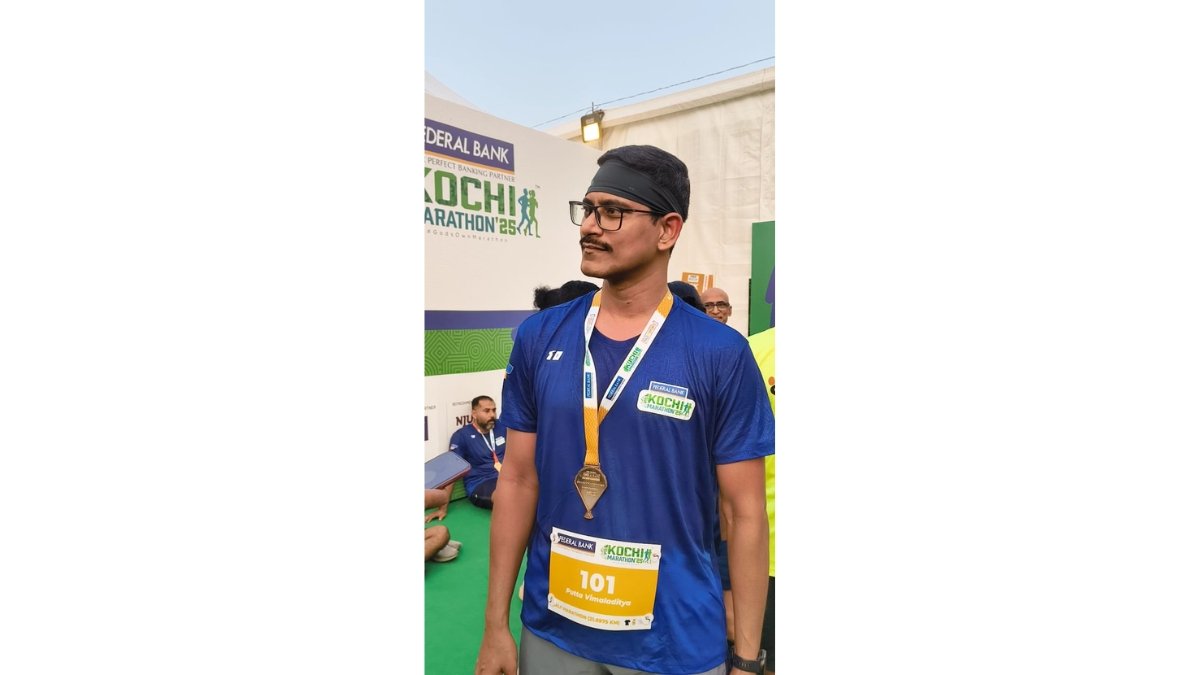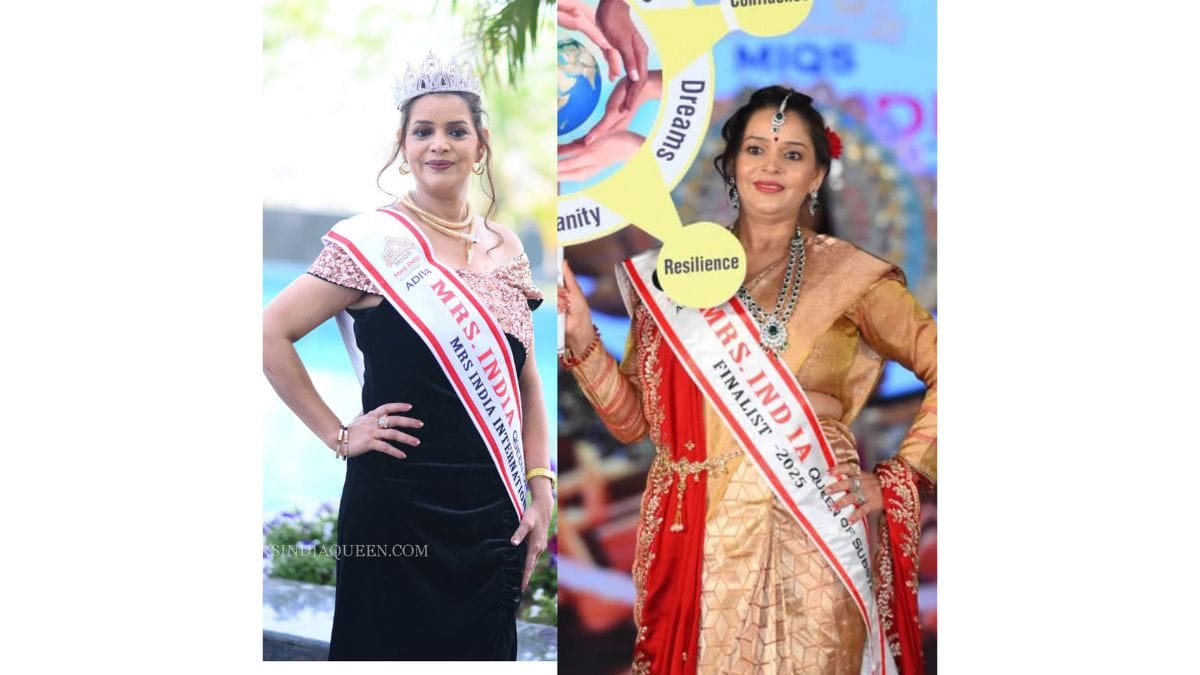In an era of global movement and cultural convergence, Tanvi Mehta—a New York–based art therapist and mental health professional—is transforming how therapy is practiced across linguistic and cultural divides. With lived experience in India, Singapore, Italy and the United States, and clinical work spanning pediatric hospitals, trauma recovery programs, and community-based organizations, Mehta has emerged as a dynamic voice in the international mental health space.
Her work challenges the limits of traditional talk therapy, which often assumes fluency in English and alignment with Western emotional norms. “Many of my clients live between languages and cultures,” Mehta explains. “Art becomes a universal language—one that allows for emotion, metaphor, and memory when words are insufficient or inaccessible.”
Mehta’s therapeutic approach is both trauma-informed and culturally responsive. She has provided care to adults navigating disabilities at NYU Langone Health and to children in the pediatric unit at Cohen’s Children Medical Center, supported grieving children and teens ages 4 to 17 at Camp Good Grief, engaged older adults in the early stages of Alzheimer’s at The Memory Tree, and facilitated trauma integration work with survivors of conflict-related gender-based violence through the Common Threads Project. Across these roles, she has remained committed to creating spaces where clients—whether speaking Hindi, French, Gujarati, Bangla, or English—feel seen, heard, and empowered.
At the heart of Mehta’s practice is the belief that therapy must adapt to the client’s world—not the other way around. Her sessions often incorporate bilingual creative writing, symbolic imagery grounded in a client’s heritage, and nonverbal expressive techniques. She has also facilitated therapeutic art workshops for international corporations and design professionals, addressing burnout, resilience, and mental clarity through visual tools that transcend language barriers.
Now, Mehta is channeling her experience into building scalable, cross-cultural mental health programs for adults. Her vision includes developing multilingual, art-based wellness initiatives across Asia and the United States—programs that foster emotional literacy, creativity, and culturally rooted care. “Mental health should not begin at crisis,” she says. “It should be part of education, part of community, and part of how we nurture future generations.”
Her work has already gained recognition through published writing, invited workshops, and collaborations across sectors. Whether in a New York hospital, a grief camp on Long Island, or a virtual workshop for Southeast Asian creatives, Mehta brings a unique lens—merging art, psychology, and social equity.
As global mental health continues to confront the urgent need for inclusivity, Tanvi Mehta offers a new model—one that transcends geography and language, and centers the rich complexity of each individual’s lived experience. Her work stands as a testament to what’s possible when healing is not confined by borders but shaped by them.




